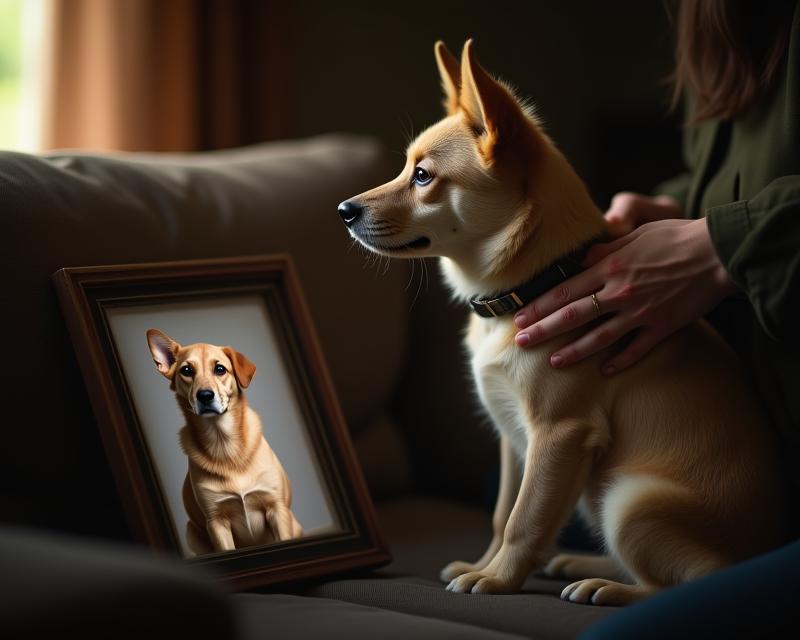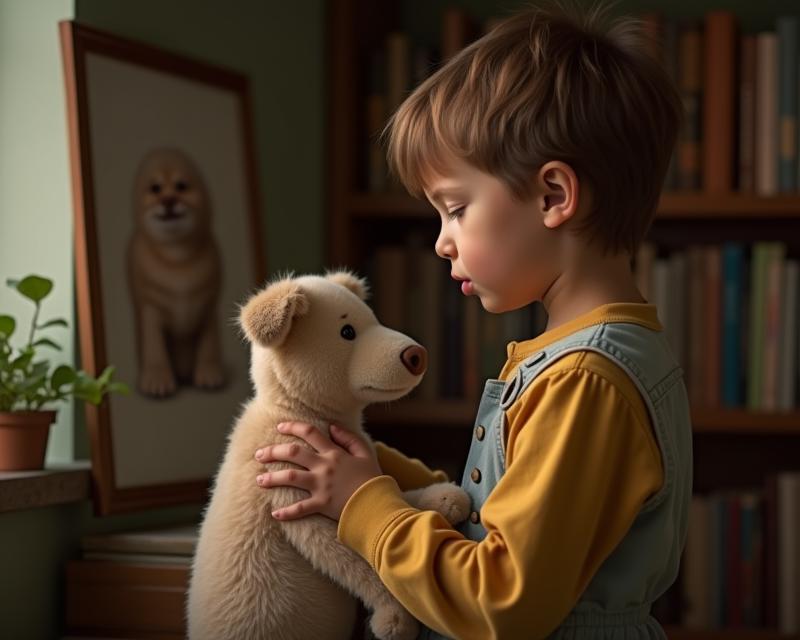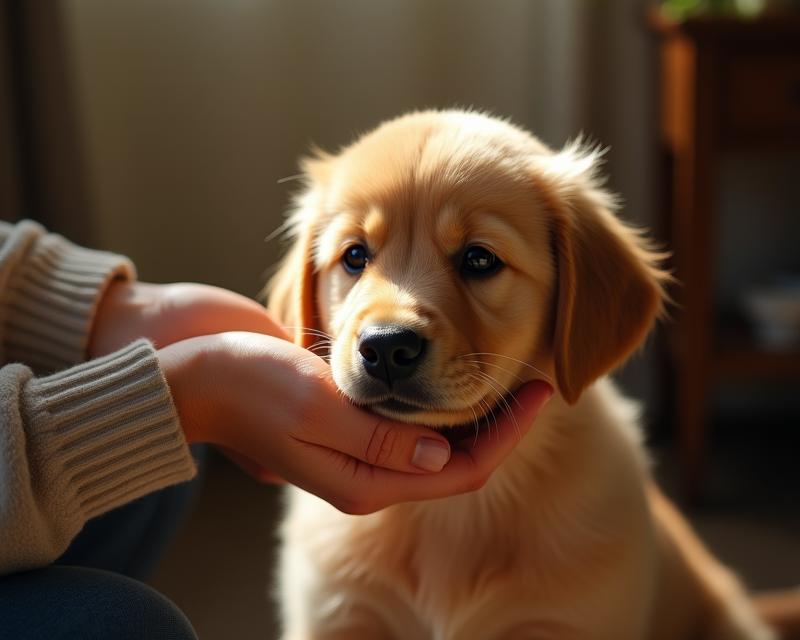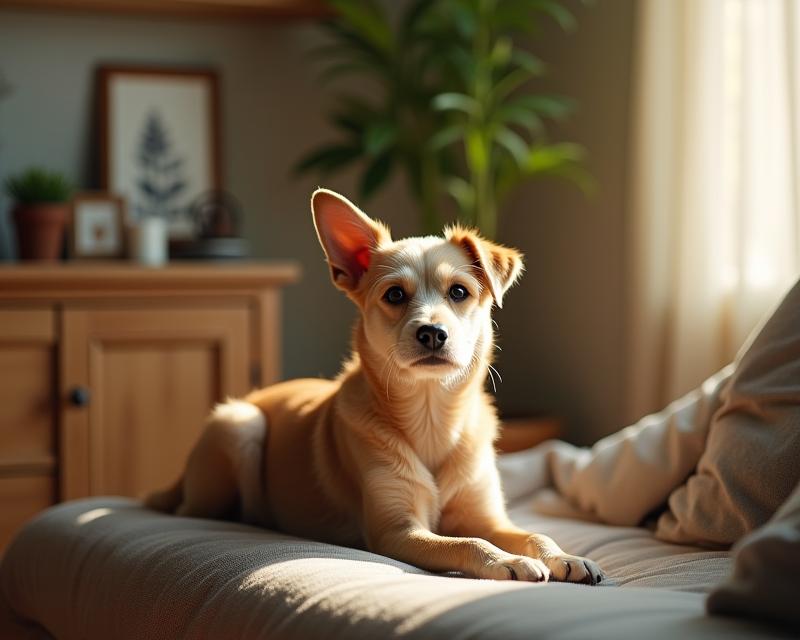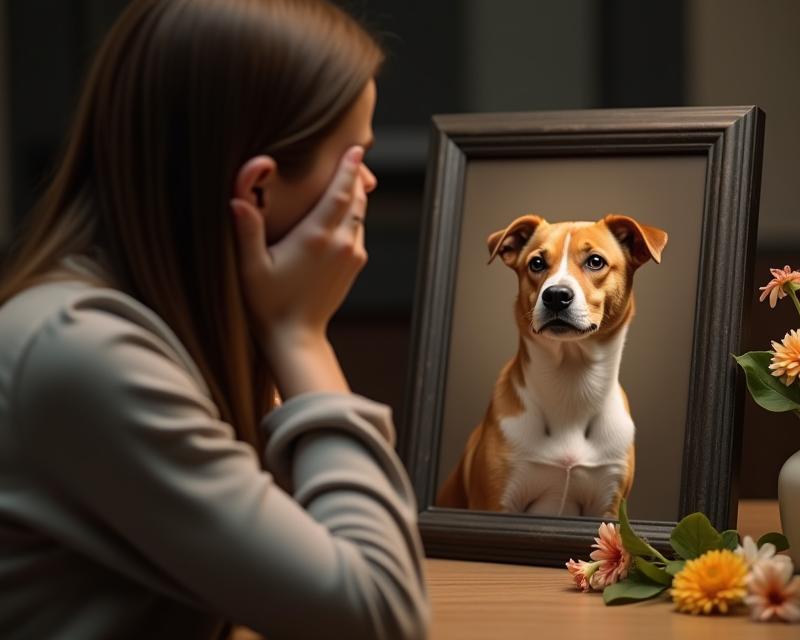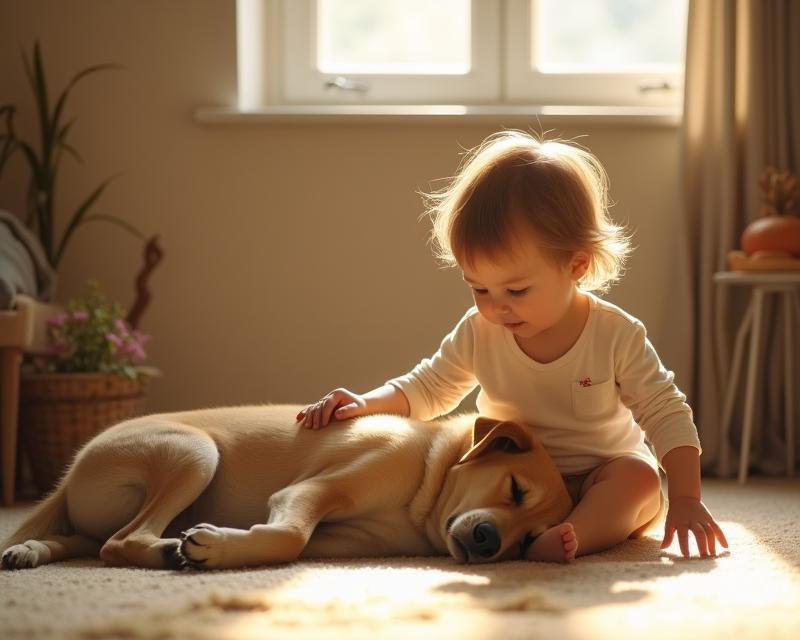Feeding Time: How Often Should You Feed Your Pet?
Publish in General Care el 28/06/2025 23:16
Feeding Your Furry Friend: A Guide to Daily Nutrition
As pet owners, we all want the best for our companions, and that starts with proper nutrition! One of the most common questions we get is: how often *should* you feed your pet? The answer isn't always straightforward, as it depends on several factors. Let's dive into the details to help you create a feeding schedule that keeps your pet happy and healthy.
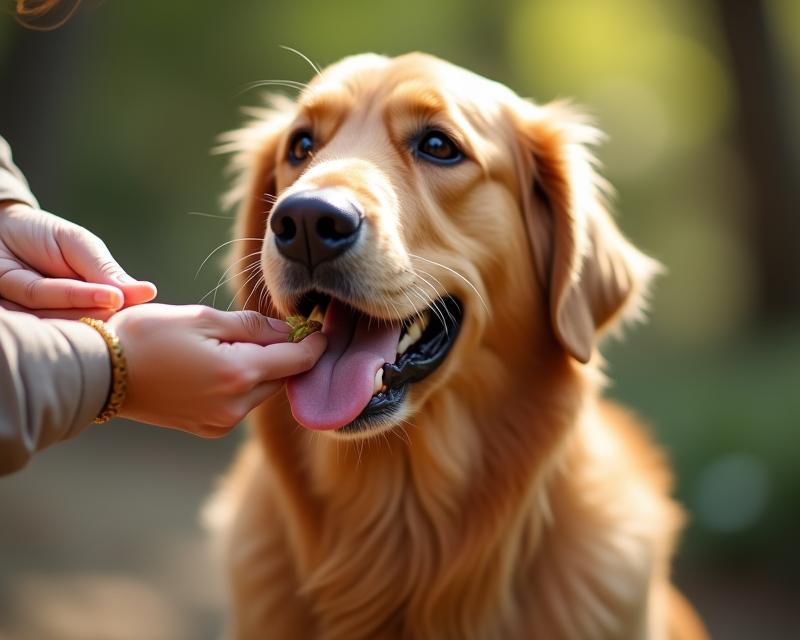
Understanding Your Pet's Needs
The ideal feeding frequency varies depending on your pet's species, age, breed, activity level, and overall health. Puppies and kittens, for example, need to eat more frequently than adult animals because they're growing rapidly. Generally, puppies need to be fed 3-4 times a day, while adult dogs and cats often do well with two meals a day. Senior pets might benefit from more frequent, smaller meals as well, especially if they have digestive issues.
The Importance of Portion Control
It's not just about *how often* you feed your pet, but *how much* you feed them each time. Overfeeding can lead to obesity, which can cause a host of health problems like diabetes and joint issues. Underfeeding, on the other hand, can result in malnutrition and weakness. Always follow the feeding guidelines on your pet's food packaging as a starting point. However, these are just guidelines – you may need to adjust the amount based on your pet's individual needs and body condition. A healthy body condition is one where you can easily feel their ribs without seeing them prominently.
Free-Feeding vs. Scheduled Meals
You might have heard of free-feeding, where food is always available. While this can work for some pets, it's often not the best approach. Free-feeding can lead to overeating and weight gain. Scheduled meals, on the other hand, help you control portion sizes and monitor your pet's food intake. Consider using a slow feeder bowl if your pet tends to gulp their food, which can help prevent bloat. Talk to your veterinarian about whether scheduled meals are the best option for your pet.
Consult Your Vet
Ultimately, the best way to determine the optimal feeding schedule for your pet is to consult with your veterinarian. They can assess your pet's individual needs and recommend a feeding plan that's tailored to their specific circumstances. Your vet can also help you choose the right type of food for your pet, ensuring they're getting all the nutrients they need to thrive. Regular check-ups are crucial for maintaining your pet's health and well-being, and discussing nutrition is a vital part of those check-ups.
- Puppies/Kittens: 3-4 meals per day
- Adult Dogs/Cats: 2 meals per day
- Senior Pets: Smaller, more frequent meals
